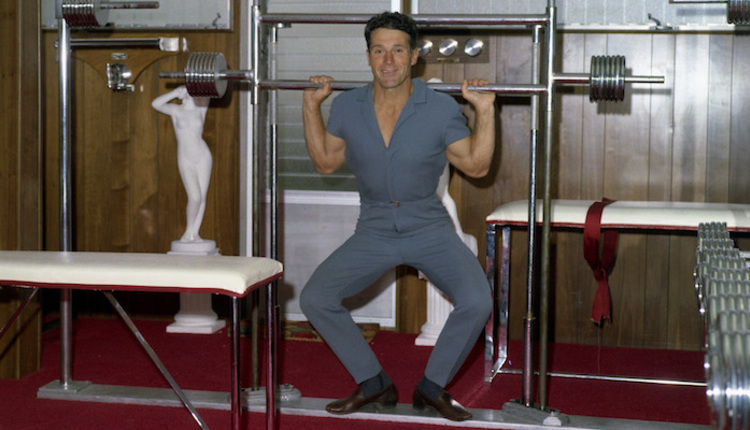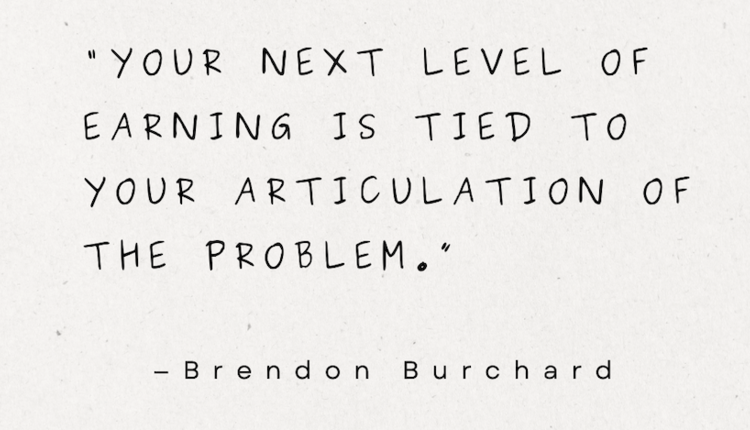Building strong, lasting professional relationships during your career is something that you should research, begin immediately and continue throughout your career. A reputation for professionalism, honesty and competence can be determined by your activities at just one job.
In the early '80s, I was managing a workout center when it was sold. As soon as the new owners came in, they completely "cleaned house." They fired the entire management team, which included me. Instead of reacting negatively, telling them that they didn't know what they were doing, or venting my anger, I stayed calm, remained professional, and commanded the respect of the owners due to my reaction.
Then, devastated, I went home to tell my wife of six months that I had been fired. This was one of the hardest things I've ever had to do. Clearly, my personal situation and my communication with the owners should not have -- and did not -- exhibit the same characteristics. Personal feelings should not impact your professional conduct with your employer, even if you are being terminated. Complete disassociation is, of course, impossible, but the greater the separation of the two, the more capable you will appear.
Two days later the new owner called to offer my job back because several members complained that I was no longer there. Since I had already made plans to finish my master's degree out of state, I made him an offer. I said that I would come back to work there in five months, upon the condition that he would allow me to start my new personal training business in his club. He thought about it and said, "Sure, I'll even be your first client."
Five months later I came back, started my business at the same club that had fired me, and the rest is history. Instead of burning bridges, I turned it into the beginning of a new business from the very club that had just fired me five months earlier.
Maintaining a positive relationship and effective communication with the owners under harsh conditions increased their belief in my credibility, reliability and conscientiousness. Instead of demonstrating anger, abusing the new management, or badmouthing them to others, I was able to reinforce the perception of my value as an asset to their new business.
Keep in mind that there are a lot more things that can come out of situations like these. If you are seen as someone who reduces the value of the business, chances are your reputation is going downhill fast. Being seen as untrustworthy, rude and critical will cause your professional contacts to discuss your behavior both inside and outside of work, resulting in the loss of potential work and advancement.
Greg Justice, MA, CPT, is the founder of AYC Health & Fitness (www.aycfit.com) and the Corporate Boot Camp System (www.corporatebootcampsystem.com). He has been actively involved in the fitness industry for more than a quarter of a century as a club manager, owner, personal trainer and corporate wellness supervisor.
Related to:
Feb. 3 2012


















